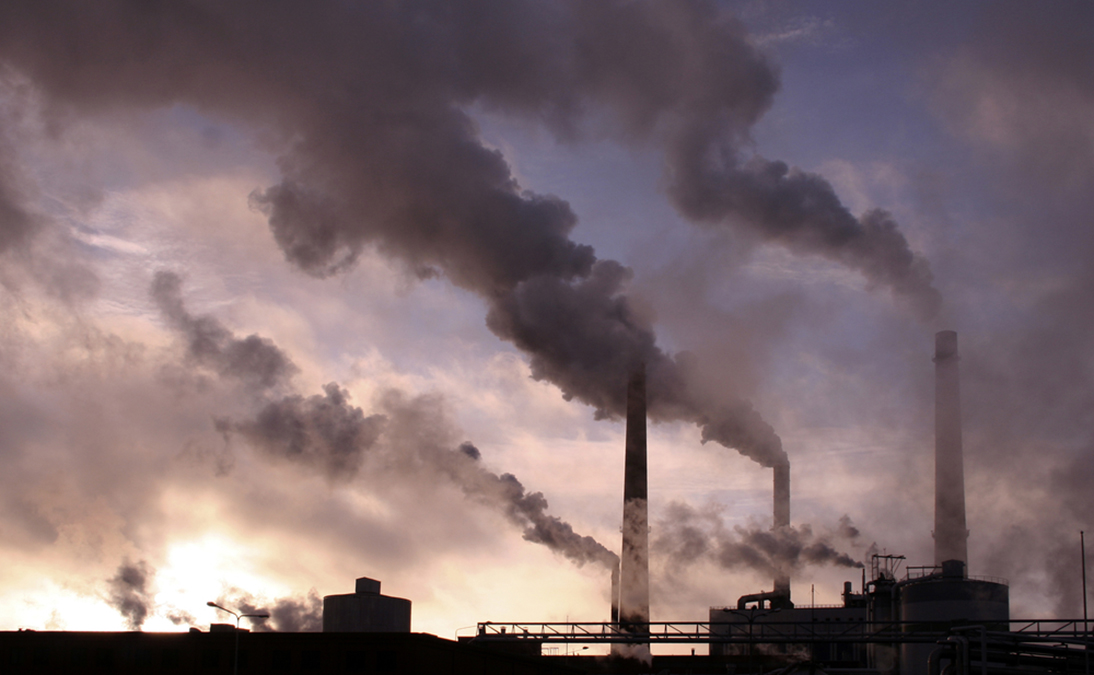 Omega-3 has long been believed to hold the key to lowering high cholesterol naturally, and the best source of omega-3 comes from fatty fishes.
Omega-3 has long been believed to hold the key to lowering high cholesterol naturally, and the best source of omega-3 comes from fatty fishes.
So people who eat the most fish should have the lowest cholesterol, right?
A new Canadian study put this theory to the test by researching the one population that eats more fish than anyone else, and the results were surprising.
The study appears in a recent edition of the journal Environmental Research.
They examined the medical information of 2,191 people from the Inuit populations in three Arctic areas collected by the Adult Inuit Health Survey in 2007-2008.
This population consumes more fish products than anyone else does.
The researchers specifically checked for high or low cholesterol levels. They then compared these to the level of persistent organic pollutants circulating through the subject’s blood streams.
Persistent environmental pollutants include polychlorinated biphenyls (an additive used in paints and plastic, among other things), a whole range of pesticides (dichlorodiphenyltrichloroethane, toxaphene, hexachlorobenzene, aldrin, etc), flame retardants like mirex, and so forth.
The Canadian study focused specifically on the levels of polychlorinated biphenyls in the subject’s blood.
Overall, 32.8% of the subjects had high cholesterol, and these happened to also be those with the highest circulating levels of the polychlorinated biphenyls.
The researchers concluded that these compounds appeared in high amounts in the marine life that the people ate, due to the effect of the ocean’s tides in moving pollutants from the rest of the globe towards the Arctic.
Hence, even pollutants generated in the southern hemisphere end up in the Arctic where the fish, whales, polar bears, and ultimately humans, consume them.
This is the biggest problem with persistent environmental pollutants. They are, as the name implies, persistent. This means that once they are in the environment, they remain there.
Many such pollutants have in fact been outlawed by the Stockholm Convention from 1995 onwards, but they still appear in the environment and in our food chain.
This means that clearing your body of pollution is very important to lowering cholesterol.
But there is one food that has the same effects on your cholesterol as these pollutants. By cutting out this one food, I managed to bring my cholesterol to a healthy level and to clear out my 93% clogged arteries – learn the details here…

 Multiple Sclerosis
Multiple Sclerosis Banishing Bronchitis
Banishing Bronchitis Gum Disease Gone
Gum Disease Gone Overcoming Onychomycosis
Overcoming Onychomycosis Neuropathy No More
Neuropathy No More The Prostate Protocol
The Prostate Protocol Brain Booster
Brain Booster
 Ironbound
Ironbound
 Solution for Shingles
Solution for Shingles
 The Bone Density Solution
The Bone Density Solution
 The Ultimate Healing Protocol
The Ultimate Healing Protocol
 The Parkinson's Protocol
The Parkinson's Protocol
 The Chronic Kidney Disease Solution
The Chronic Kidney Disease Solution
 Overthrowing Anxiety
Overthrowing Anxiety The Fatty Liver Solution
The Fatty Liver Solution The Hypothyroidism Solution
The Hypothyroidism Solution
 The End of Gout
The End of Gout The Blood Pressure Program
The Blood Pressure Program
 The Oxigized Cholesterol Strategy
The Oxigized Cholesterol Strategy
 Stop Snoring And Sleep Apnea Program
Stop Snoring And Sleep Apnea Program
 The Arthritis Strategy
The Arthritis Strategy The Vertigo & Dizziness Program
The Vertigo & Dizziness Program The 3-Step Diabetes Strategy
The 3-Step Diabetes Strategy Hemorrhoids Healing Protocol
Hemorrhoids Healing Protocol The Erectile Dysfunction Master
The Erectile Dysfunction Master Weight Loss Breeze
Weight Loss Breeze The IBS Program
The IBS Program The Insomnia Program
The Insomnia Program The Migraine and Headache Program
The Migraine and Headache Program The Neck Pain Solution
The Neck Pain Solution The Menopause Solution
The Menopause Solution The Ejaculation Master
The Ejaculation Master The TMJ Solution
The TMJ Solution The Acid Reflux Solution
The Acid Reflux Solution The Fibromyalgia Solution
The Fibromyalgia Solution The Psoriasis Strategy
The Psoriasis Strategy